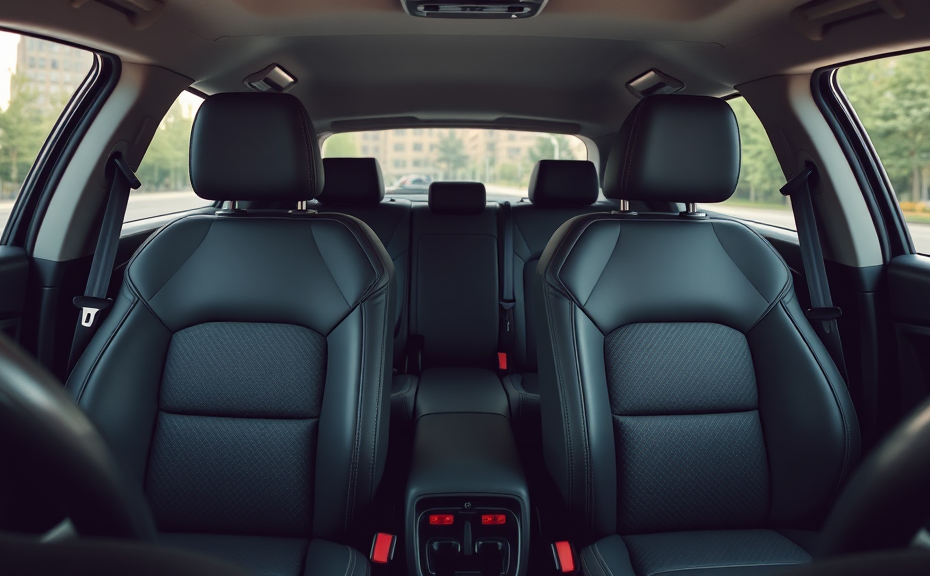In today’s automotive market, cars with ergonomic seats have become a priority for many consumers. Ergonomic seating plays a pivotal role in enhancing comfort for drivers and passengers alike, particularly during long journeys. Vehicles designed with these seats are crafted to support the natural curvature of the spine, reducing fatigue and promoting better posture.
One of the primary benefits of cars with ergonomic seats is the impressive array of adjustable features. Many modern vehicles allow drivers to customize seat height, depth, and lumbar support to fit their unique body shapes. This level of personalization is instrumental in preventing discomfort during extended use. For instance, brands like Mercedes-Benz and Volvo are renowned for their advanced ergonomic technologies, incorporating memory foam and multi-way adjustments for optimal comfort.
Additionally, it’s important to note the role of materials in ergonomic seat design. Premium upholstery such as leather or breathable fabrics combined with soft padding not only enhances comfort but also provides adequate support during drives. Some manufacturers are even integrating temperature-regulating properties to help maintain a pleasant environment inside the vehicle.
- Nissan: Known for their Zero Gravity seats, designed to minimize pressure and provide excellent back support.
- Audi: Features a variety of adjustable settings in their vehicles, focusing on lumbar adjustments and side support.
- Tesla: Offers ergonomic seat designs with unique elephant-hide leather and comprehensive adjustability.
Ultimately, for those who prioritize long-term comfort over aesthetic appeal, opting for cars with ergonomic seats can significantly enhance the driving experience. Investing in a vehicle that prioritizes ergonomic principles can lead to less discomfort, reducing the risk of strain and promoting overall wellness while on the road.
